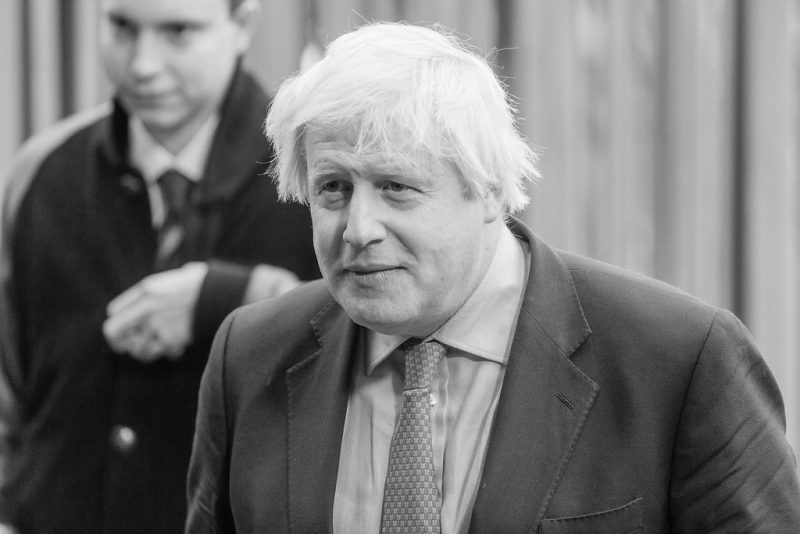Boris Johnson’s decision to postpone next year’s planned cut in corporation tax is risky – both as a piece of politics and as economics. If anyone can sell it, I suspect that he can, but it’s still not necessarily a good move.
To recap, the main rate of corporation tax was 28% in 2010 and has since been cut in stages to 19%. In 2015 the Government announced a further reduction to 18% from April 2020, which was changed a year later to 17%. The Prime Minister’s announcement today means that rate will remain at 19% for the time being.
Politically, there’s a risk that this move could backfire. It could be seen as Labour-lite, an admission that the previous strategy was a mistake while falling well short of Labour’s 2017 Manifesto commitment to reverse the bulk of the Tory cuts, taking the main rate back to 26%.
On the other hand, it’s not right to describe Johnson’s decision as a ‘U-turn’. The direction of travel is – hopefully – still the same, even if the journey has been paused. It is the Labour Party that is proposing to raise taxes on corporate profits from their current level. The announcement is also being spun more positively as the new Prime Minister responding to popular priorities, especially increased funding for the NHS.
Economically, the decision is risky too, though few will look beyond the headlines. Most economists and tax specialists agree that corporation tax is a particularly inefficient tax. Making businesses ‘pay their fair share’ might be a good soundbite, but the reality is that all taxes are ultimately paid by people, including employees and customers, as well as shareholders.

























